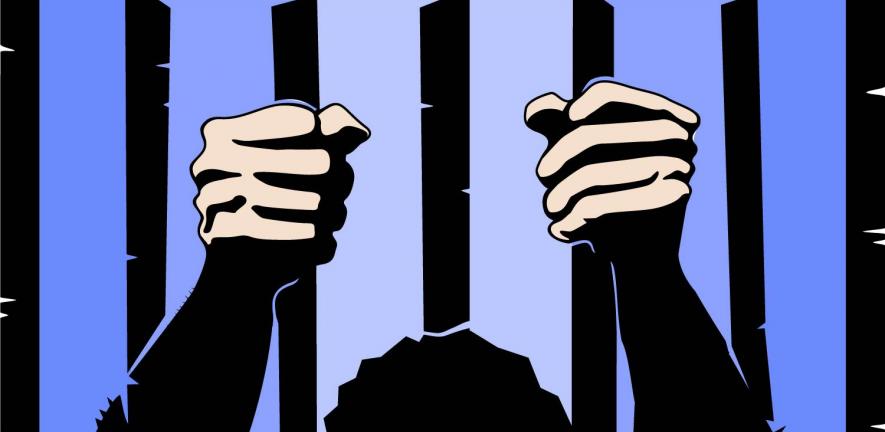Questioning the Necessity of Passports, Licenses, and Permits: Redefining Freedom in a Cooperative Society

In today's world, the requirement of passports, licenses, and permits for basic human activities has ignited a discussion about the true meaning of freedom. For centuries, people lived without the need for these documents, and the idea of existing without them seems distant. Yet, in the modern era, we find ourselves unable to travel, engage in certain activities, or exercise our inherent rights without these seemingly intrusive measures. This article aims to challenge the status quo, question the necessity of these documents, and explore alternative perspectives in our pursuit of personal liberty.
To understand the current state of affairs, it is essential to explore the historical context surrounding passports, licenses, and permits. For much of human history, individuals did not need specific documents to assert their right to live, travel, or engage in various activities. The emergence of these bureaucratic systems came later as a means for governments to exercise control and regulate movement, purportedly for national security reasons. Proponents argue that these measures prevent illegal activities like terrorism, human trafficking, and contraband smuggling across borders. The documentation process is said to identify individuals and ensure adherence to rules and regulations.
Critics, however, view the requirement of these documents as a hindrance to true freedom. They argue that personal liberty lies in the ability to explore and experience the world unhindered. They question the extent to which these documents truly enhance security, suggesting that they primarily serve as a means to control and monitor individual movements.
Exploring Alternatives and Cooperative Communities
In the quest to redefine freedom, alternative models have emerged. Advocates propose the implementation of more inclusive and universal systems that prioritize trust and collaboration over restrictive documentation. They envision a world where individuals are free to move and live wherever they choose, without the need for passports, licenses, or permits tied to national identity. Instead of relying on governmental structures to regulate and permit activities, they advocate for cooperative communities where individuals establish collective agreements based on shared values and mutual respect.
While the debate around these documents continues, it is crucial to consider the ethical implications and balance between personal freedom and societal responsibility. Critics argue that a truly free society should be built on mutual respect and trust, guided by intrinsic moral compasses rather than external regulations. They suggest that fostering a culture of empathy, education, and cooperation can help maintain order and ensure the well-being of all.
Preserving Security and Privacy in a Technological Age
The challenge lies in finding a balance between preserving security and upholding personal freedom. This requires critical examination of existing systems and seeking ways to enhance security measures while minimizing the impact on individual liberties. Technological advancements offer potential solutions, such as biometric identification or blockchain-based identity verification, that can streamline processes while maintaining privacy and personal autonomy.
In conclusion, the requirement of passports, licenses, and permits raises valid questions about the true nature of freedom. While security concerns may have led to their implementation, it is essential to continuously evaluate their necessity and explore alternative approaches. By fostering open dialogue, challenging established norms, and striving for a cooperative society, we can collectively work towards a future where personal freedom is respected and upheld, while ensuring the safety and well-being of all. In this vision, the focus shifts from government regulations to individual accountability and the cultivation of a culture of education, empathy, and cooperation to empower responsible decision-making.




